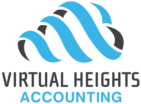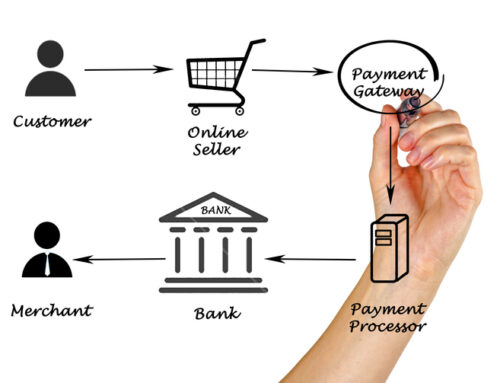Small business owners need to understand how paying themselves with dividends and salary can impact their earning potential. In Canada, these are common payment methods with different tax implications. This post explores the differences, including taxation rates and personal retirement accounts (RRSP and CPP program), to help you make an informed decision. Gain a clear understanding of dividends vs salary and make a plan that maximizes your earnings.
Overview of Dividends and Salaries
Dividends and salaries are two important components of compensation for owners of a small business corporation in Canada. Dividends are payments made to shareholders as a share of the company’s profits. The dividends are declared and paid on individual share classes. Salaries are payments made to employees in exchange for their work. As a business owner, you can pay yourself either dividends or a salary. Which to choose, depends on many factors and we will review the main ones here.
Tax Implications of Dividends and Salaries
When it comes to the tax implications of dividends and salaries, it’s important to understand the differences between the two. Salaries are taxed as regular income also called earned income. Dividends are taxed at a lower rate as they receive a dividend tax credit. However, it is important to note that the corporation is paying dividends out of after-tax net income. This means that while the individual pays fewer taxes on the dividends received from their Canadian Controlled Private Corporation; the corporation already paid taxes on this money.
In Canada, the rules of integration are set up so that a dollar earned has the same amount of tax paid regardless of how it was earned. A salary has more tax at the personal level but is 100% deductible to the corporation (no corporate taxes).
This makes the decision indifferent to whether dividends or salary is paid with regard to the level of income tax paid on that income. So, if a business owner owns 100% of the corporation, they do not pay less taxes overall with either option.
This means that it is other factors that must be considered in making this decision.
Payroll Considerations for Each Payment Type
A salary is a fixed regular payment that you receive for the work you do as an employee. When you pay yourself a salary, the company is required to deduct and remit source deductions to the Canada Revenue Agency (CRA) on your behalf. Source deductions include benefit payments for Employment Insurance payments (EI) and the Canada Pension Plan (CPP) as well as income tax. Your business is also required to contribute to EI and CPP on your behalf. In general, if you own over 40% of the shares of the corporation or a person related to you does, then you will be exempt from EI.
The benefit of paying yourself a salary is that it is considered “earned income”. Earned income is included in the calculation of your Registered Retirement Savings Plan (RRSP) contribution room. As an employee, you can contribute up to 18% of your income (up to a certain amount) to your RRSP, which can reduce your taxable income. You will also be participating in the Canadian Pension Plan program and eligible for its benefits in retirement.
What to Consider When Deciding Which is Right for You
The answer to this question depends on your individual situation. If you need a regular income and want the benefits of being an employee (health benefits for example) then paying yourself a salary may be the best option for you. If you are in a situation of variable income or RRSPs are not a big component of your future retirement income plans, then dividends will be the more appropriate choice.
Another reason which may lead you to prefer shares is if you have multiple shareholders. With multiple shareholders, you may have individuals owning the same class of shares. However, these individuals may contribute differently to the business. It may be best in that regard to ensure you have payroll set up for employee contributions and leave the dividends as a true profit-sharing allocation.
To choose between paying yourself a dividend or a salary, consider the tax implications and consult a tax professional. Your financial planner should also be included. This will ensure everyone is on the same page for your personal and corporate planning investment planning. With this understanding, you can make an informed decision that benefits you and your company.
Virtual Heights Accounting is a CPA firm that operates in the virtual world. We provide virtual accounting, tax, Virtual CFO and Controller services for your growing Company. Contact us at www.vhaccounting.ca/contactus or follow our blog on your chosen social media source. This blog is intended for general use and understanding and does not replace direct professional advice.





